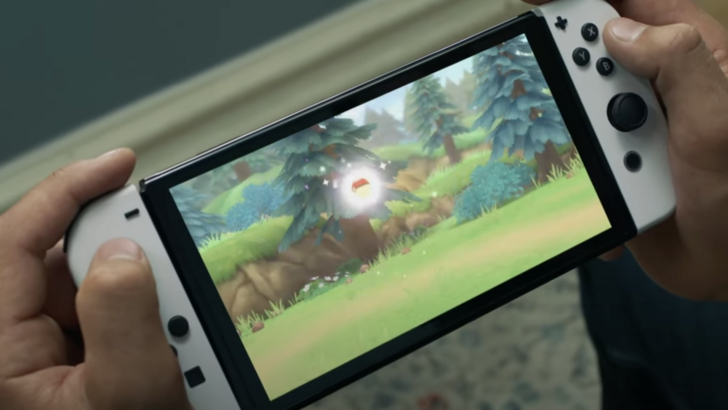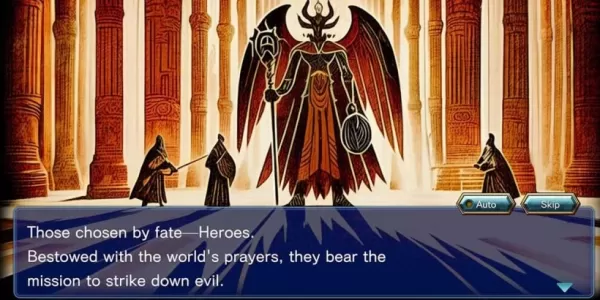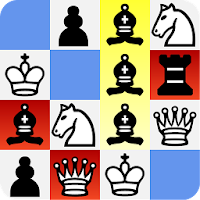Don't Wait For Fable, Play Fable 2 Instead
Buried within this week's Xbox Podcast was exciting, albeit bittersweet, news about Playground Games' Fable. A rare glimpse of gameplay was revealed, but it came with the unfortunate announcement of a delay. Initially slated for release this year, Fable is now scheduled for 2026.
While delays are rarely welcome, they can often signal a commitment to quality. Hopefully, this extra time allows Fable's richly detailed world to fully flourish. But this extra year provides a perfect opportunity: play (or replay) Fable II, the series' undisputed high point, and rediscover this truly unique 2008 RPG classic.
Even by today's standards, Fable II remains remarkably unusual. Compared to its contemporaries, including Fallout 3 and early BioWare 3D titles, its vision is singular. While boasting a traditional campaign structure with a linear main story and optional side quests, its RPG systems are far from the complex stat blocks of Oblivion or Neverwinter Nights. Fable II simplifies these aspects, creating an incredibly approachable experience, even for RPG newcomers.Only six main skills govern health, strength, and speed. Weapon damage is the sole stat to consider for weapons, with no comparable stats for armor or accessories. Combat, while frequent, is surprisingly straightforward, enhanced by creative spellcasting (like the hilarious Chaos spell). Even death is forgiving—losing all health points results in only a minor XP penalty.
In short, Fable II is the perfect RPG for those new to the genre. In 2008, Oblivion's vast world might have felt overwhelming, but Fable II's Albion offered manageable, easily navigable maps. Players freely traverse these areas, aided by a loyal canine companion, uncovering hidden treasures, caves, and challenging Demon Doors. This creates a sense of scale and opportunity exceeding the game's actual size. Albion's geography is somewhat restrictive, guiding players along linear paths, but this isn't a world designed for getting lost in the traditional sense.
Albion, as a physical space, pales in comparison to the expansive worlds of BioWare's Infinity Engine games or Bethesda's Morrowind. However, judging it by modern or even contemporary RPG standards is unfair. Fable II prioritizes a vibrant, bustling world over vast, sprawling landscapes. Consider it through the lens of The Sims—it's a remarkable simulation of society.
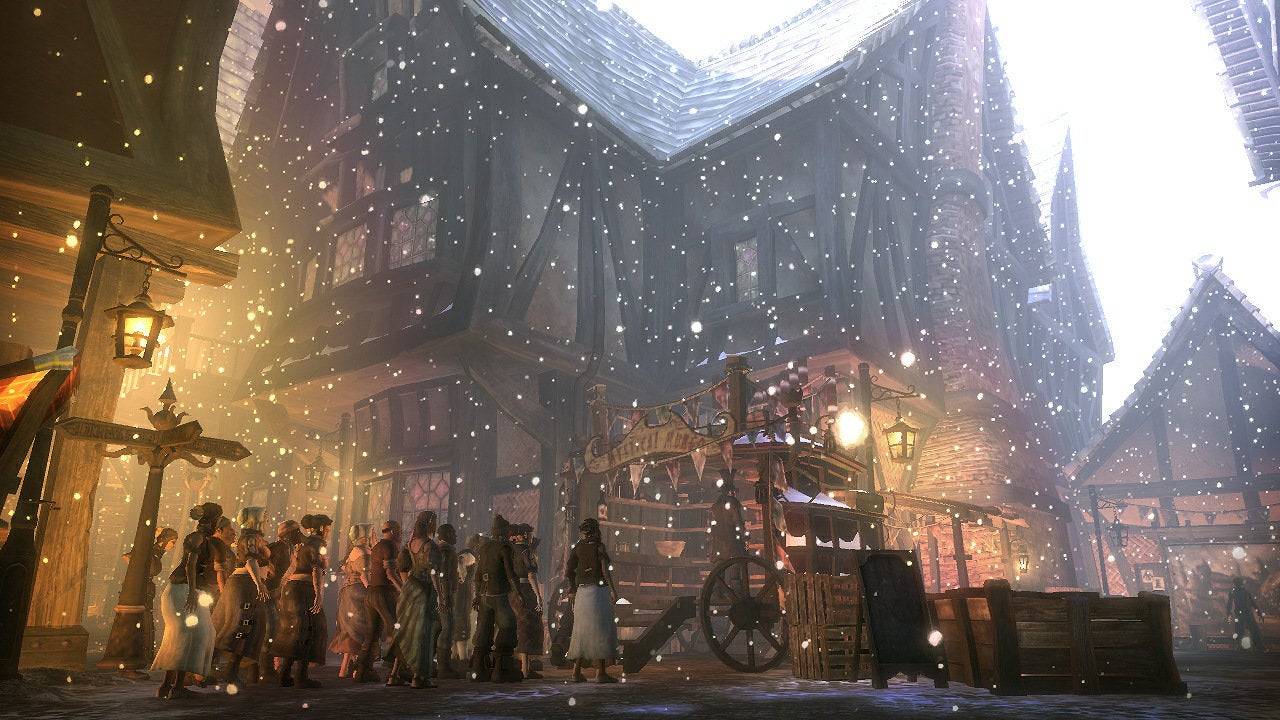
While the player is a Hero, destined for grand adventures, Fable II shines when integrating into its society. Players can purchase houses and shops, earning money through various jobs (woodcutting and blacksmithing offer relaxing, albeit repetitive, minigames). Owning property allows for becoming a landlord or furnishing a home. Courting NPCs through emotes can even lead to marriage and starting a family. Individually, these elements feel artificial, but collectively, they create a remarkable sense of life.
A well-executed fart may have the patrons of a pub howling into their beers.“Few RPGs have replicated this aspect. Even Baldur's Gate 3 lacks Fable II's organic romances and property market mechanics. However, Red Dead Redemption 2 offers a similar, albeit more polished, approach. Rockstar's game features incredibly responsive NPCs who react authentically to player actions. The interaction system, a refined version of Fable II's gestures, allows for both positive and negative interactions. Meaningful actions, such as saving someone from a snakebite, can have lasting consequences. If Playground's Fable aims to stay true to its roots, Red Dead Redemption 2 should serve as its modern touchstone.
Other crucial elements need preservation. Fable's distinctly British humor, with its class satire and playful vulgarity, must remain. A memorable cast of characters, similar to Hogwarts' staff, is also essential (something Playground seems to have achieved with Richard Ayoade and Matt King in trailers). Most importantly, Lionhead's approach to good and evil must be retained.
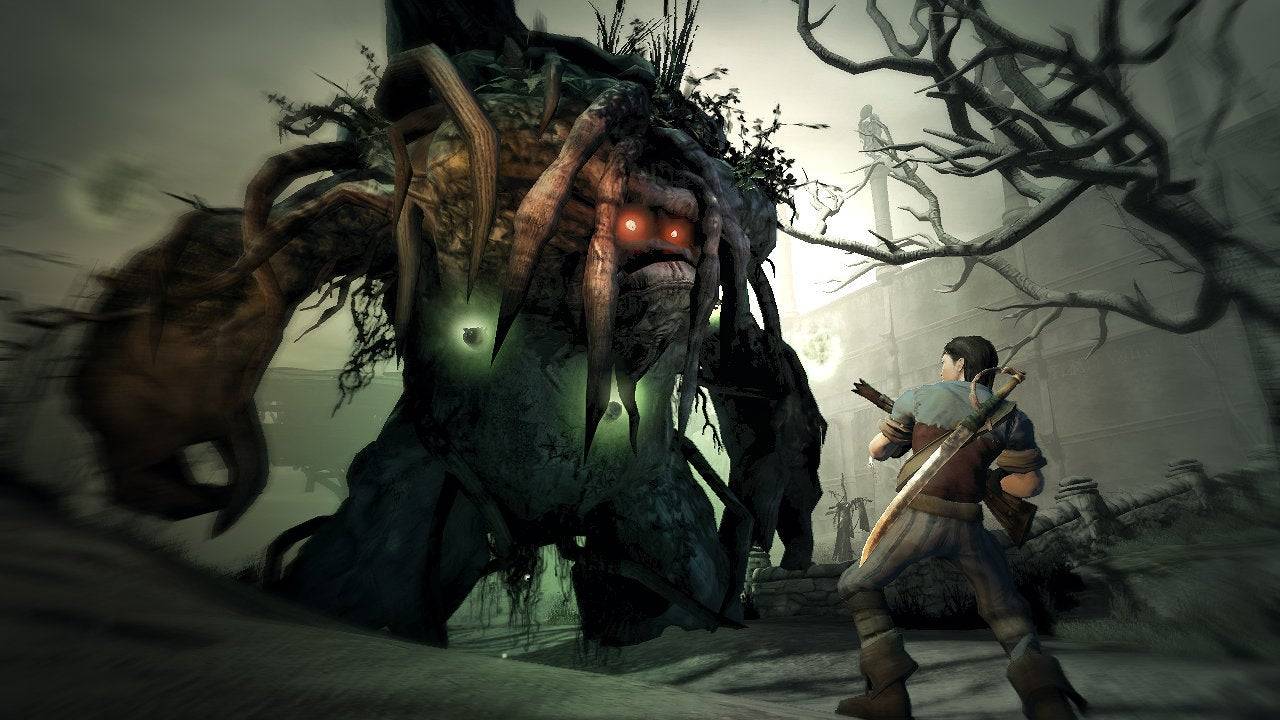
Modern RPGs prioritize player expression through complex moral choices. Fable II, however, thrives on its binary system. The game embraces the extremes of heroism and villainy, a concept established in the first game but perfected in the sequel. The branching quests and reactive world allow player actions to shape reputation and alignment. Moral choices in many RPGs can feel underwhelming due to their focus on moderation, but Fable II allows players to fully embrace the dark side, with satisfying consequences.
Whether Playground Games captures this essence remains to be seen. The recent gameplay footage, while showcasing a more detailed world than previous entries, lacked definitive hallmarks of a true Fable experience. However, the brief glimpse of a bustling city offers hope.The footage suggests a far less restrictive open world than its predecessors, and the detailed environment implies a truly immersive experience. The possibility of a densely populated, vibrant city, echoing the Sims-like societal simulation of Fable II, is particularly encouraging.
But all this is a year away. In the meantime, revisiting (or discovering) Fable II is highly recommended. Its unique qualities highlight the importance of Playground Games retaining Fable's oddities. A Fable reimagined as a Witcher or Baldur's Gate clone would be a disservice. Fable needs to be Fable, warts and all.
-
1
![Roblox Forsaken Characters Tier List [UPDATED] (2025)](https://imgs.ksjha.com/uploads/18/17380116246797f3e8a8a39.jpg)
Roblox Forsaken Characters Tier List [UPDATED] (2025)
Mar 17,2025
-
2
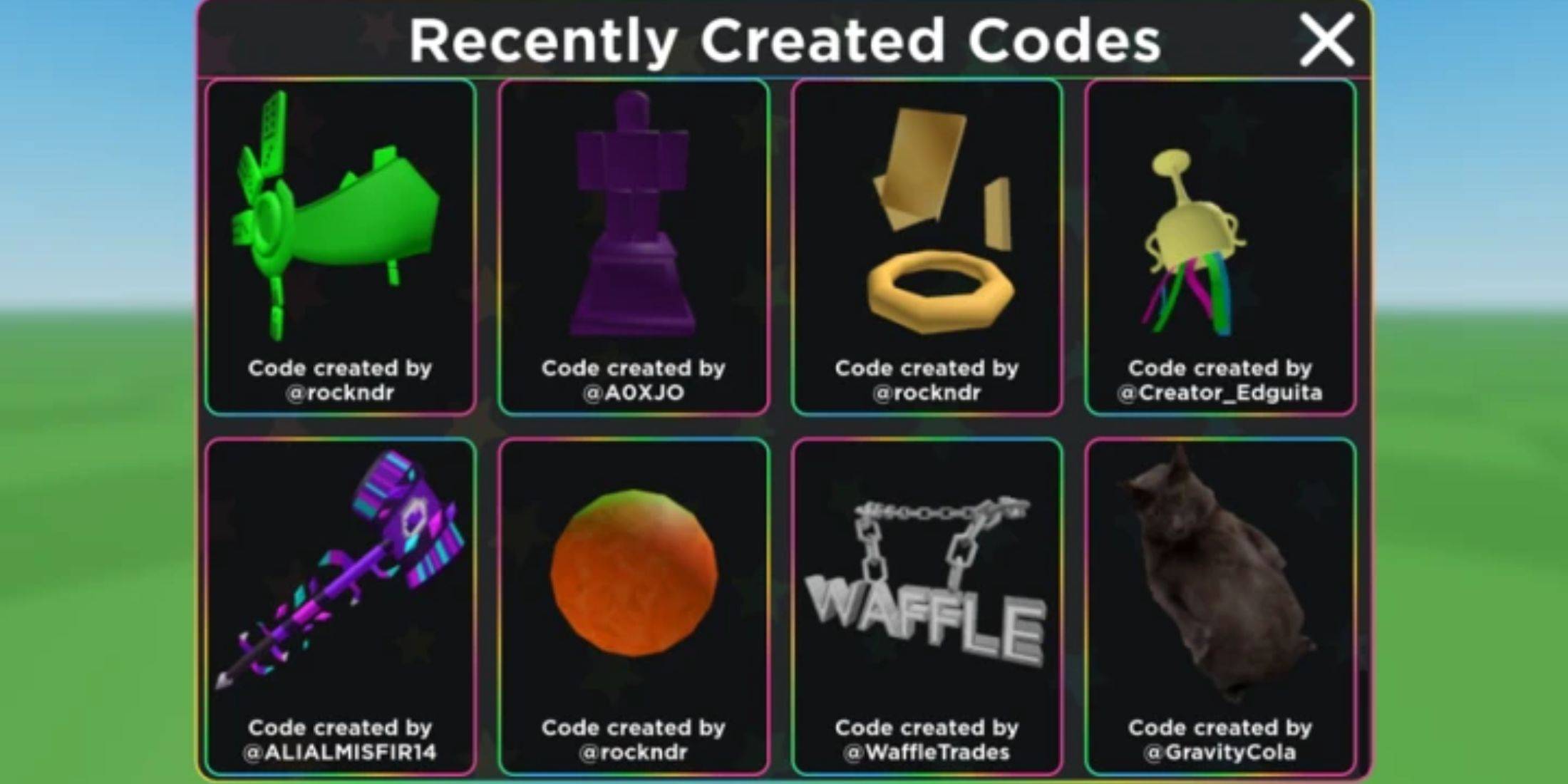
Roblox UGC Limited Codes Unveiled for January 2025
Jan 06,2025
-
3
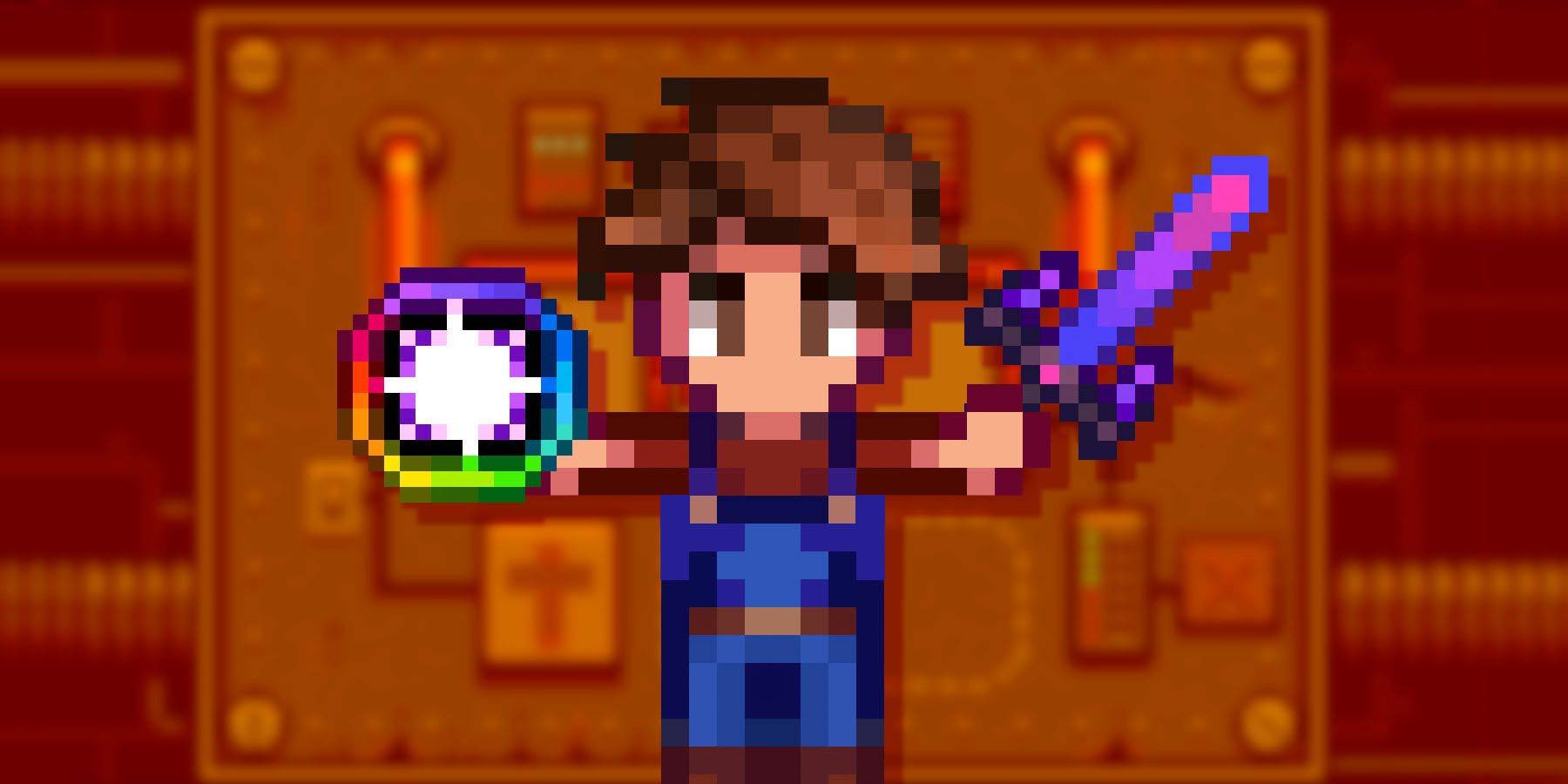
Stardew Valley: A Complete Guide To Enchantments & Weapon Forging
Jan 07,2025
-
4

Pokémon TCG Pocket: Troubleshooting Error 102 Resolved
Jan 08,2025
-
5
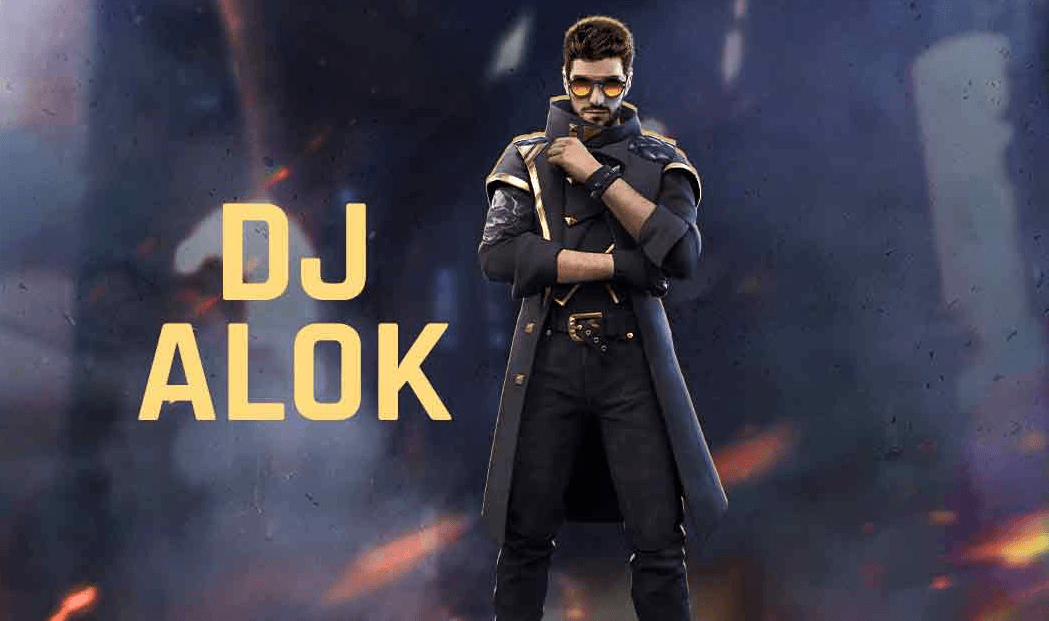
Free Fire Characters 2025: Ultimate Guide
Feb 20,2025
-
6
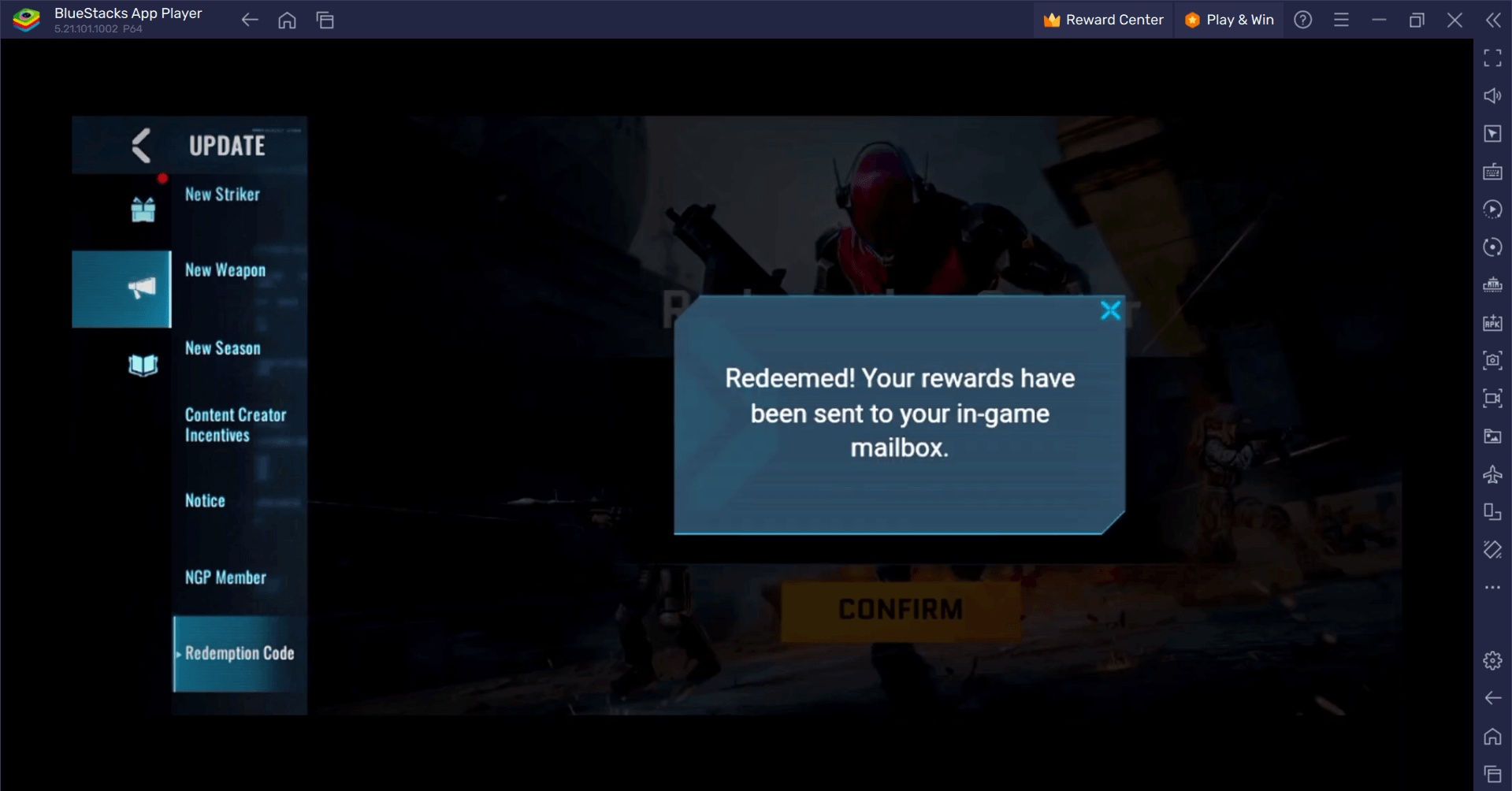
Blood Strike - All Working Redeem Codes January 2025
Jan 08,2025
-
7

Blue Archive Unveils Cyber New Year March Event
Dec 19,2024
-
8
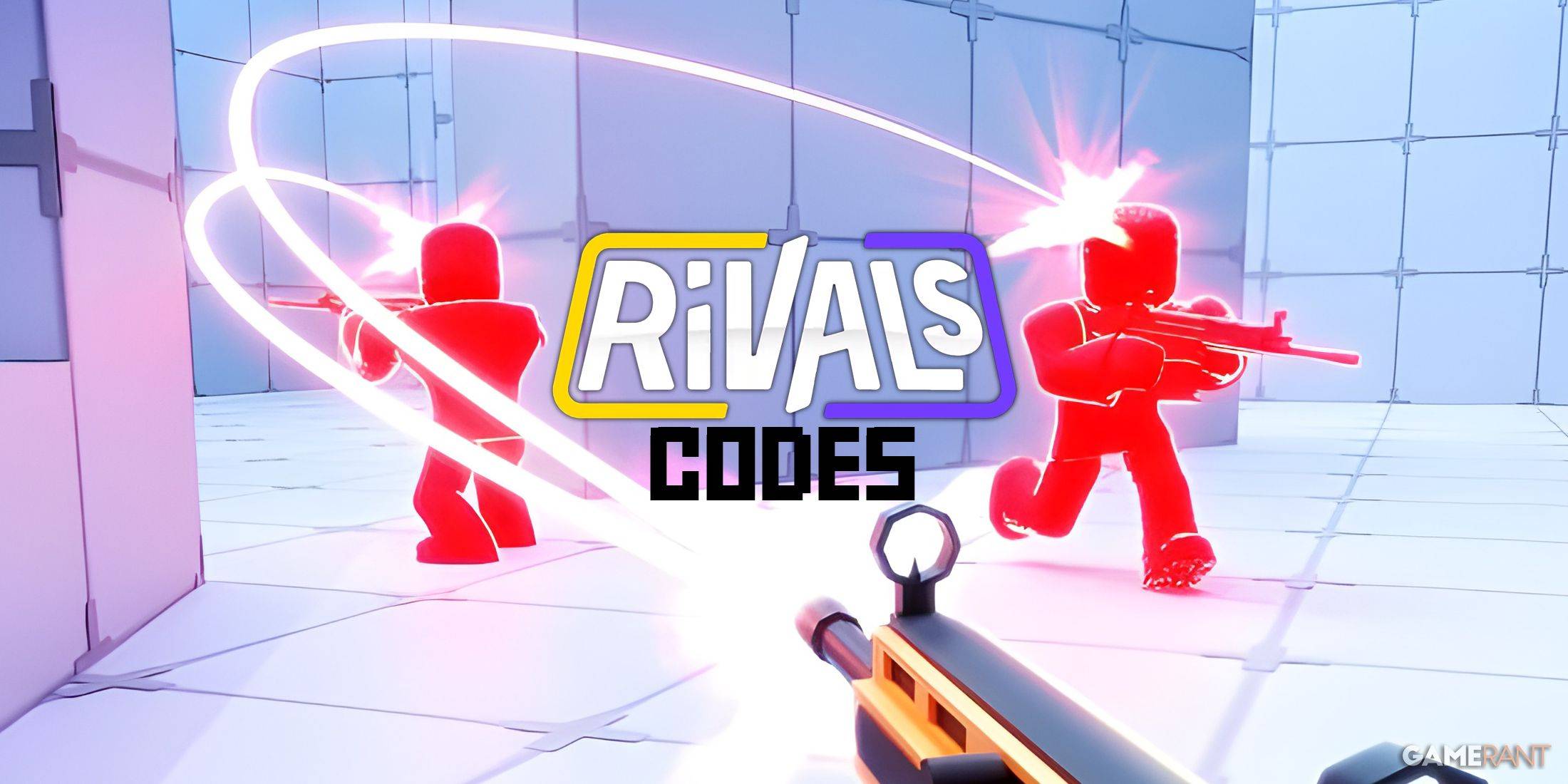
Roblox: RIVALS Codes (January 2025)
Jan 07,2025
-
9
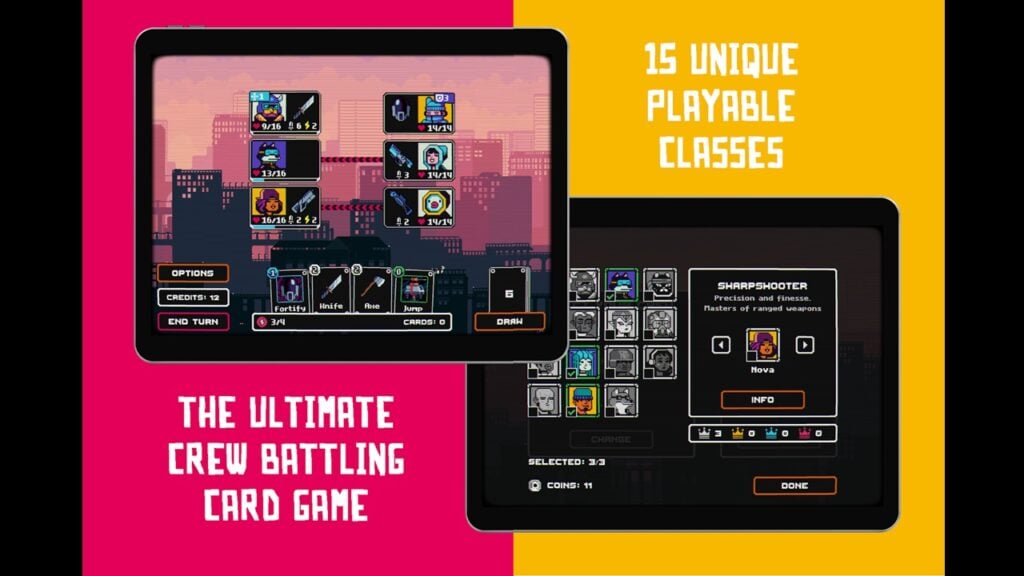
Cyber Quest: Engage in Captivating Card Battles on Android
Dec 19,2024
-
10
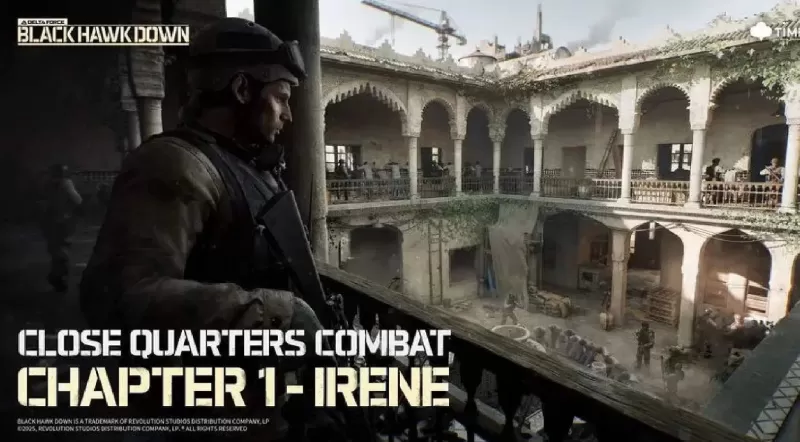
Delta Force: A Complete Guide to All Campaign Missions
Apr 09,2025
-
Download

A Simple Life with My Unobtrusive Sister
Casual / 392.30M
Update: Mar 27,2025
-
Download

Random fap scene
Casual / 20.10M
Update: Dec 26,2024
-
Download
![Corrupting the Universe [v3.0]](https://imgs.ksjha.com/uploads/66/1719514653667db61d741e9.jpg)
Corrupting the Universe [v3.0]
Casual / 486.00M
Update: Dec 17,2024
-
4
Ben 10 A day with Gwen
-
5
Oniga Town of the Dead
-
6
A Wife And Mother
-
7
Cute Reapers in my Room Android
-
8
Permit Deny
-
9
Utouto Suyasuya
-
10
Roblox

